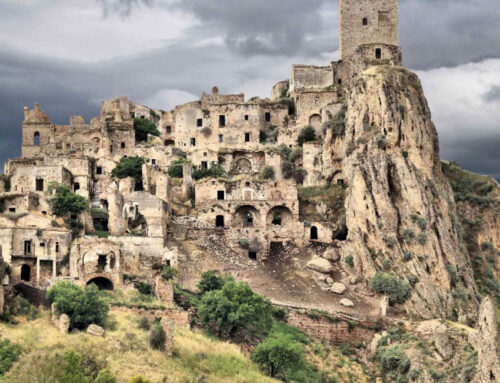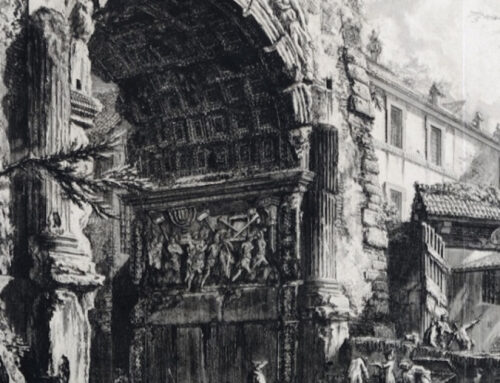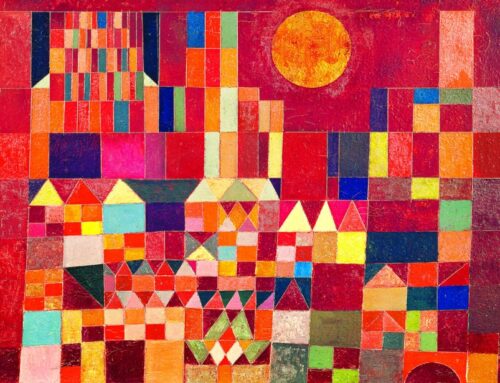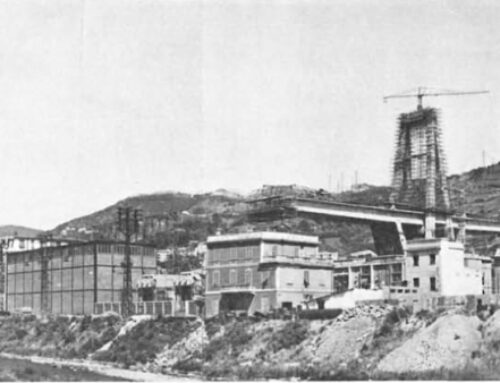Landscape as therapy for orientation at voting time.
Democracy, on the verge of a nervous breakdown, almost rises up on one elbow from the excitement and gestures in the air, hoping to make himself understood by the bearded and composed gentleman sitting just behind his head: ‘…which already seemed strange to me, this story that one is a master for five years, because I’m only called at the end. I serve to judge, they say, if he did well or if he did badly. This is my fundamental role, they say, woe if there were not a redde rationem every five years. But what is this redde rationem? Redde rationem? Why, until then they were free to rant? And now we come and see if they’ve done their homework? Sounds like a joke to me.’
He slumps down on the couch ‘But the worst came when I tried to sum up: so according to you, every five years we sit there and reasonably discuss what has been done, and then we decide, all of us.’ ‘Eh, they tell me with a bit of embarrassment, but nice, you don’t realise that we are under elections, but you feel it’s time to discuss…. reasoning… it’s obvious that you can’t… Under elections it’s like Carnival: you have to do in the square what all the rest of the time you can do but only in secret. And here you have to count lies, you play the game of who shoots the biggest one, who demolishes the most what the other has done… what do you want to discuss… you know it’s delirium now… in two months‘ time, when they’ll justify themselves: I said it because we were in the middle of an election… everyone will nod and answer – of course… I understand… -’.
He gets up and sits on the couch and almost shouts: ‘but then, if they know, why listen to two months of shameful gossip? it’s not a redde rationem, it’s a bar game! Every day some gossip, be it true or false, the important thing is to laugh about it and forget about it tomorrow, to be able to hear the joke again and laugh again! And how do we do the reckoning if we don’t even remember what happened yesterday?’ The bearded gentleman nods to lower his voice, that there are people in the waiting room, and then says conciliatingly ‘… we’ll talk about it next week, that today his time is up’.
Outside, tears in her eyes half from the cold smog half from the hot spell, Democracy ventures out into the street and only looks up from the pavement at the first traffic light. There, in the time of waiting for a green light, amidst the fumes of her breath, she looks at the Park, across the street, with the large trees showing the placid and majestic geometries of their bare branches. She squints her eyes and is seized by a kind of vertigo, like a plummet of thoughts deposited in an attic raining down on her, burying in a whirlwind the furniture of everyday thoughts to which we are accustomed.
She sits on the first park bench, heedless of the cold, and is caught up in those shavings of old speeches, of grandparents and loves that had enchanted her:
‘this is the park where I used to play as a child, that trunk on the right is where we counted to play hide and seek, … and fear to cross it… but on the other side lived him… there where those lights are, at number 18… now everything seems easy, but before the war…’
‘you see this park but those who designed it and those who looked after it didn’t see it: they did it 100 years ago for their grandchildren. All they saw were modest shrubs: they planted them at an inordinate distance for their size and tended them week by week. Now the distance is just right: the branches of each tree brush against those of the neighbour…’
‘look at the almost green lights in the twilight, behind the trees: they give a sense of infinity that one can only grasp as one grows up. As a child, all the world you perceive is reduced to a few metres… but as an adult you are able to be dismayed when the sky gives you an inhuman depth… that’s when you feel truly small…’
A sphere of calm has formed, muffling the noise around and the obsessive thoughts. Democracy is breathing shallowly, as if suspended. From the outside she cannot see but is mesmerised by what is happening inside her. That lump in her stomach has melted away and in her mind, finally cleared after so much agitation, a feeling of clarity is rolled out like a carpet, that everything is sorted naturally and effortlessly, with what is important before what is not.
Attempting to explain this new lucidity, Democracy will say: ‘It is a sense within, where words are useless. But there are only those to communicate, and so I try.
When we are caught up in the rituals and fog of everyday life we postpone, almost without realising it, the profound judgement of what happens to us. We leave behind a confused sense of inadequacy of the present compared to what we have wished for our future. Only the poor in spirit at sixteen have desired money or fame: we have desired to be full of love and happiness, not for us alone but for everyone. Then we sometimes had the actual, physical feeling of this panic, general feeling. It’s that moment when it feels natural and not moronic that a film is called The Sound of Music and that grown-ups and children get away with singing at the gates of war. And we’ve all had it, there’s no use pretending now. That orgasm is then eroded by the banality of everyday life, but there remains an underlying languor, a sense of disappointment in the present.
And when they remember me, call me Democracy and say – we are at the moment of judgement, come on! choose who will rule for the next few years! – that underlying languor becomes a violent anger. I turn against those who think it’s obvious to rely on their gut or on the bottom line, and those ingrained, hidden senses surface, in tatters: anxieties of quality and beauty that would make me feel good. But I am no longer trained, I am stunned by the din of ordinary sloppiness: I would need a thermal bath, a gymnasium where I could rebuild the muscle of the desire for happiness.
That’s where landscape comes in: landscape is the ideal gym for this exercise. Thirty minutes of landscape a day would get the political junk out of the way. But if not at least once a week, if not at least one day a month, but still one must know how to take refuge in the landscape before any strategic decision.
It is a safe place, the embassy of a country at peace where one can prevent the stench of the rotten, the massacre of the everyday, the petty, the lobby’s gain. And if we train the muscle of happiness, it leads us quickly to the choices that hold in time, that want us to be there for our children, that support us to get out of the brutality of animal with smartphone.
The reckoning referred to in the electoral redde rationem is not a commercial scribble on the cheese paper, but a report on the ability of the gaze to still see the trees, through those the child who played with them, the commitment of the gardener who planted them and, behind that, the sky that pines. Whoever cannot account for this gaze and does not know how to care that everyone has it as a precious good, will not get my vote.’
Democracy, for the first time in many days, hints at a smile. Determined.




